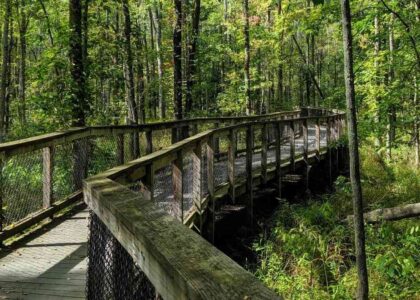Welcome to Providence, a city with a deeply woven historical fabric and a cornerstone of American history. Founded in 1636 by Roger Williams, Providence was born from a pursuit of religious freedom. Williams, a minister fleeing religious persecution in the Massachusetts Bay Colony, established this haven upon purchasing land from the Narragansett people. He named it Providence, crediting ‘God’s merciful Providence’ for guiding him to this safe place.
Providence soon grew to become a significant player in the colonial era. As the capital of Rhode Island, it was instrumental in the push for independence, being one of the first colonies to renounce allegiance to the British Crown in May 1776. This rebellious spirit earned Rhode Island the nickname ‘Rogue’s Island.’
Throughout its history, Providence has been home to notable figures who have left indelible marks on its cultural and political landscape. The city was a hub for intellectual and industrial innovation in the 19th century. Samuel Slater, known as the ‘Father of the American Industrial Revolution,’ established one of the first successful textile mills in the area, harnessing the power of the Blackstone River.
Providence also played a vital role in the abolitionist movement. The Rhode Island Anti-Slavery Society, founded in 1836, was a testament to the city’s commitment to social justice. The influential writer and lecturer, Sarah Helen Whitman, who was an active member of the society, brought attention to the city’s progressive stance.
Over the years, Providence has evolved from its colonial roots into a vibrant modern city, while still preserving its historical charm. Today, it stands as a testament to the spirit of resilience and innovation that has characterized it since its founding. The city’s architectural beauty, with its blend of colonial buildings and modern structures, narrates a story of growth and transformation.
As you explore Providence, imagine the bustling streets where Roger Williams once walked, or the industrial mills that once powered a burgeoning economy. Today, Providence is known for its thriving arts scene, esteemed educational institutions like Brown University, and its commitment to preserving its rich history.
In conclusion, Providence is not just a city; it’s a living history book, with each street and building telling a tale of a time gone by yet still vibrantly alive in the hearts of its people.




